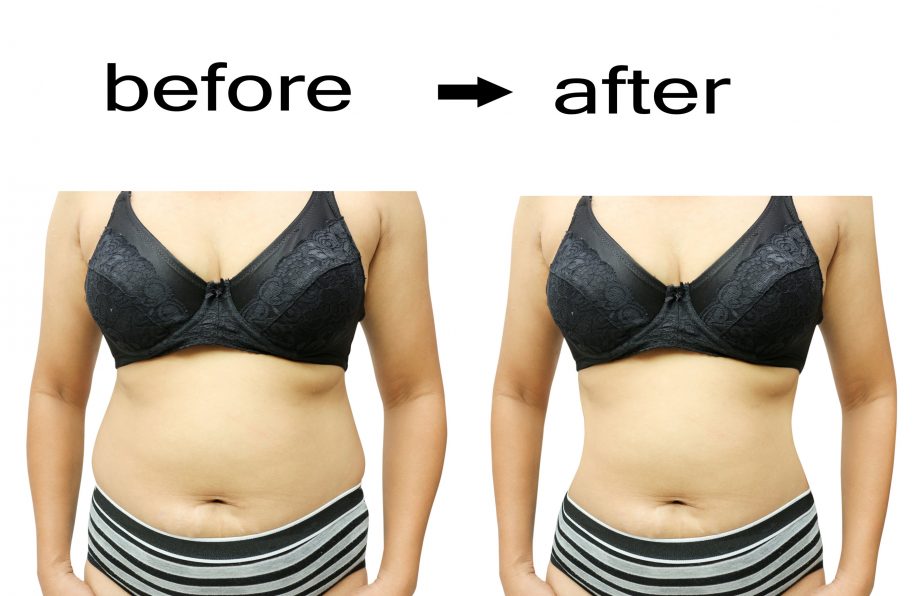To Fast or Not to Fast, is that the question?

[et_pb_section][et_pb_row][et_pb_column type="4_4"][et_pb_text]
IIFYM or Intermittent Fasting: What's the difference?

You must be wondering whether IIFYM (If It Fits Your Macros) and Intermittent Fasting (IF) really works. There are a lot of 'diets' and plans making it into the news today, but these two seem to be all the rage lately. Whether to lose weight or to gain muscle, everybody tries this plan or that. Both IIFYM and IF are extremely popular nowadays. But are they working like they claim? Let’s take a look.
What is Flexible Dieting? aka IIFYM
IIFYM ( If It Fits Your Macros ) is a diet plan that helps users to lose weight by tracking, tracking and targeting macronutrients (protein, fat, & carbohydrates) sans food choice restrictions. The concept relies on the assumption that by hitting macros users intrinsically hit weight loss calories as they are the only sources of calories. IIFYM approach provides you with freedom & flexibility of food choice as the spotlight is on the nutrients, not on the food source .

Here you have a diet as per the daily macronutrient requirement of your body. It is also known as “flexible eating” because instead of consuming whole foods as advocated by the current trends, IIFYM permits you to consume all types of foods as long as they cater to your daily macronutrient needs.
PROS of IIFYM
The major benefit of IIFYM regime is that it doesn't make any food restriction and stress upon all three macronutrients — fat, carbs, and protein which are important, and. It focuses on the consumption of all macros to make your diet balanced (containing all 3 macros) which is most beneficial for your overall health.
CONS of IIFYM

May miss micronutrients:
There is a possibility that you may miss some of the micronutrients (vitamins, and minerals) by focusing on Macronutrients. Carbs could be obtained from candy by an IIFYM enthusiast instead of getting it from fruits and whole grains and still be eating within the diet limit prescribed by IIFYM expert.
Food tracking leads to unhealthy food behaviors:
Tracking what you eat may make you think mechanically about foodstuffs which in turn would make you feel sick. You have to eat as per your body demand as each person is different. You should listen to the call of your body.
What about Intermittent Fasting?
Intermittent fasting (also known as IF) has gained sky-rocketing popularity in recent years. IF is becoming a fad among people who are striving to lose weight and fat, and also among those who are into muscle building and under heavy exercise regime.

Simply put, intermittent fasting is an eating approach which entails alternating periods of slight or nearly zero energy intakes with superseding periods of normal food consumption, in a persistent way. For this reason, IF is also christened as an "all-or-nothing approach".
The supporter of this approach to dieting is of the opinion that it is the most effective way to restrict energy. Intermittent fasting has the flowing benefits that are being ascribed to it.
- more weight loss,
- higher Resting Metabolic Rate (RMR),
- increased muscle retention, and
- Increased insulin sensitivity.
Different Types of intermittent fasting consist of the following:
- Alternate day fasting (ADF): 24-hour fasting or consumption of very low calorie (~25% of daily energy requirements) period, swapped with a 24-hour eating period.
- Whole day fasting (WDF): 1-2 days of fasting or intake of very low calorie (~25% of daily energy requirements) periods every week, with the remaining days of the week eating a regular diet.
- Time-restricted feeding (TRF): A fasting period of 16–20 hours and a feeding period of 4–8 hours every day.
PROS of Intermittent Fasting
Intermittent fasting may aid weight loss
One of the prime reasons people are experimenting with intermittent fasting is to lose weight. There are a number of studies that shows the positive association between IF and weight loss.
Intermittent fasting may increase human growth hormone
Human Growth Hormone (HGH) is created in the pituitary gland of the brain. Behind the growth and repair of healthy human tissue in the muscles, HGH plays an important role. Also takes care of the vital organs. Growth Hormone (HGH) is produced in the pituitary gland of the brain and plays a vital role in the growth and repair of healthy human tissue in the muscles and even the vital organs. But you can get an astounding result if you fast for an extended period (2-5 days). But it should be done under professional guidance.

Intermittent fasting may increase the detoxification process
Your body's natural cellular detoxification process may get a boost from intermittent fasting. In this process, the cells break down and metabolize dysfunctional proteins that get collected over time.
Intermittent fasting may protect your brain
The general health of your brain could be protected by performing intermittent fasting. Studies show that there is a relationship between IF and a decreased risk of Alzheimer’s disease.
Intermittent fasting may improve digestive health
Intermittent fasting has another benefit to it. It can drastically improve your digestive health. When your body is in rest, it can restore your enzyme pool and repair the gut lining.
CONS of Intermittent Fasting
IF may decrease insulin level
When you stay for a longer period of time without food your insulin level may go down. You may manage your insulin level by consuming food rich in protein and fiber.
May interfere with your focus
IF may interfere with your focus. Studies show that there is a higher dropout rate among the intermittent fasters. When you are keeping yourself away from your delicious food items, you tend to think about them throughout the day.

In conclusion...
IIFYM may be very useful in the short term It is because it endorses loyalty in the face of an unhealthy diet deficient in nutrients. A flexible diet should not only include protein, carbs and fat but also micronutrients like vitamins and minerals. Unlike other diet plans that put a restriction on the sources of calories, intermittent fasting does not stipulates what foods a person should consume or not.
What is also noticeably clear is that there is a requirement for more high-quality research on both IIFYM and IF. But you can practice them from tomorrow but post expert consultation.
Author’s Bio:
Akash is a Content Writer at Diet Chart which is a leading Nutrition, Diet, Health and Fitness Blog. He is passionate about connecting human hearts through words and sharing resourceful knowledge. Through his work, he aspires to serve people, educate them and help them understand the significance of Diet and Nutrition to lead a healthy and fulfilling lifestyle.
[/et_pb_text][/et_pb_column][/et_pb_row][/et_pb_section]
Follow us on instagram




































































































